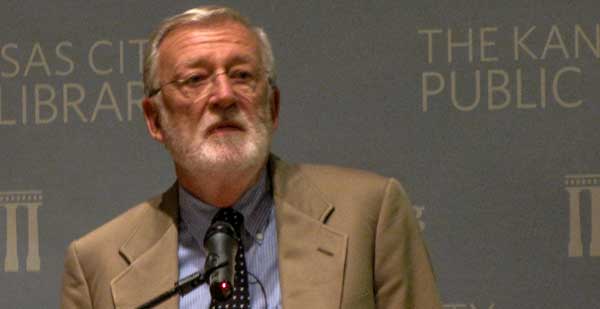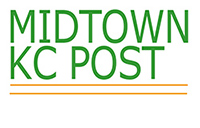 Libraries do much more than people realize and are in no danger of demise, says the man they call the dean of American library historians.
Libraries do much more than people realize and are in no danger of demise, says the man they call the dean of American library historians.
Wayne A. Wiegand, a professor at Florida State University, spoke Tuesday at the downtown Kansas City library.
He has a new book out, “Part of Our Lives: A People’s History of the American Public Library,” and is working on the a documentary on libraries called “Free for All.”
Free public libraries started in the United States in Boston in 1854. That followed a far less egalitarian public library that opened in England in 1850.
They spread and shaped the nation but by the 1980s many were predicting that the Internet and ebooks would kill them, and the New York library even moved many of its books off site.
But in 2012, more than 2.2 billion items were checked out of public libraries in the United States, a 28 percent increase from 2003.
There are 17,219 public libraries and their extensions, and 80 percent of them are in towns of 25,000 or less.
People often thought of libraries in terms of providing useful information, but they were always much more than that.
They provided a safe, warm place to go, stories that linked humanity and more.
Thomas Edison took off sick to spend hours in the library. Harry Truman said by age 14 he had read every book in the library.
Bill Clinton by age 10 spent long hours in them.
Oprah Winfrey called them “an open door to freedom in my life,” where she could go as a child and learn “everyone wasn’t surrounded by poverty.”
Early in the 1900s, the Kansas City Star wrote about the library reading room where people from all over went to read newspapers.
“Tramps they might be called,” the article said, “down and out.”
But they were bound by a curiosity about life, it said, “seeking always food for the mind when that for the body is lacking.”
Today librairians and computers there help the homeless find jobs, family and more.
Place and stories are critical, Wiegand said and he asked: “Is it possible the social nature of reading contributes more to literacy than the forced mechanics of instructions in school?”
He hopes his book will inspire more studies on libraries, he said.
“We have not explored the depths of what this institution means to the people who use it.”



Who’s talking